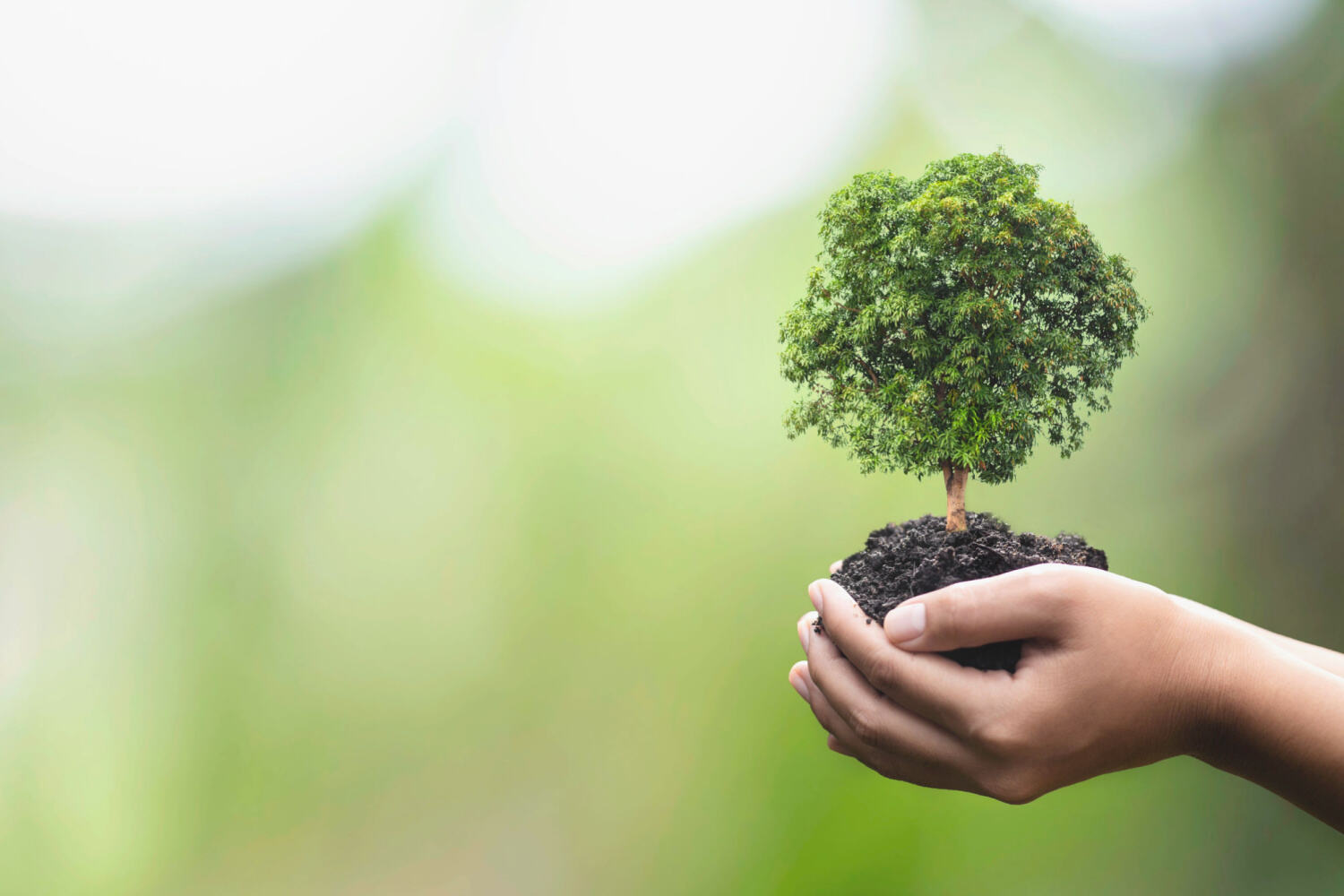
Hey Parents! Do you need every minute that nearly 3 00,000 disposable nappies have been incinerated or sent to landfills? Most of the baby’s essentials, including swings, chairs, toys, and bathing tubs, are plastic. Only a small portion of the plastic is recycled, and the rest remains unattended—ultimately damaging the environment. Regarding parenting, we care about our baby’s health and cleanliness but neglect the environment. As we pay attention to our babies, we must take the initiative and follow green parenting.
Your little steps towards green parenting can significantly protect the environment and your baby’s health. Still, trying to figure out where to start? Let us help you! In this blog, we’ll explain some eco-friendly parenting tips that help you eliminate most of the waste from babies’ essentials. Most importantly, shifting to green parenting can help raise an environment-conscious baby. So, let’s take a step and learn about green parenting.
In This Article
- What is Green Parenting?
- Quick Steps Toward Green Parenting – Set Eco-Friendly Home
- List of Top 7 Ways to Raise an Eco Baby
- FAQ’s
What is Green Parenting?
Green parenting is a simple approach to raising your babies by sticking to environmental goals. It is a strategic approach of reducing, reusing, and recycling combined with parenting. Put it: eco-friendly parenting is all about eliminating plastic-based baby essentials and replacing them with sustainable and reusable options. Starting early helps you raise babies with an eco-friendly approach and build a habit in your little one about environmental safety.
Quick Steps Toward Green Parenting – Set Eco-Friendly Home
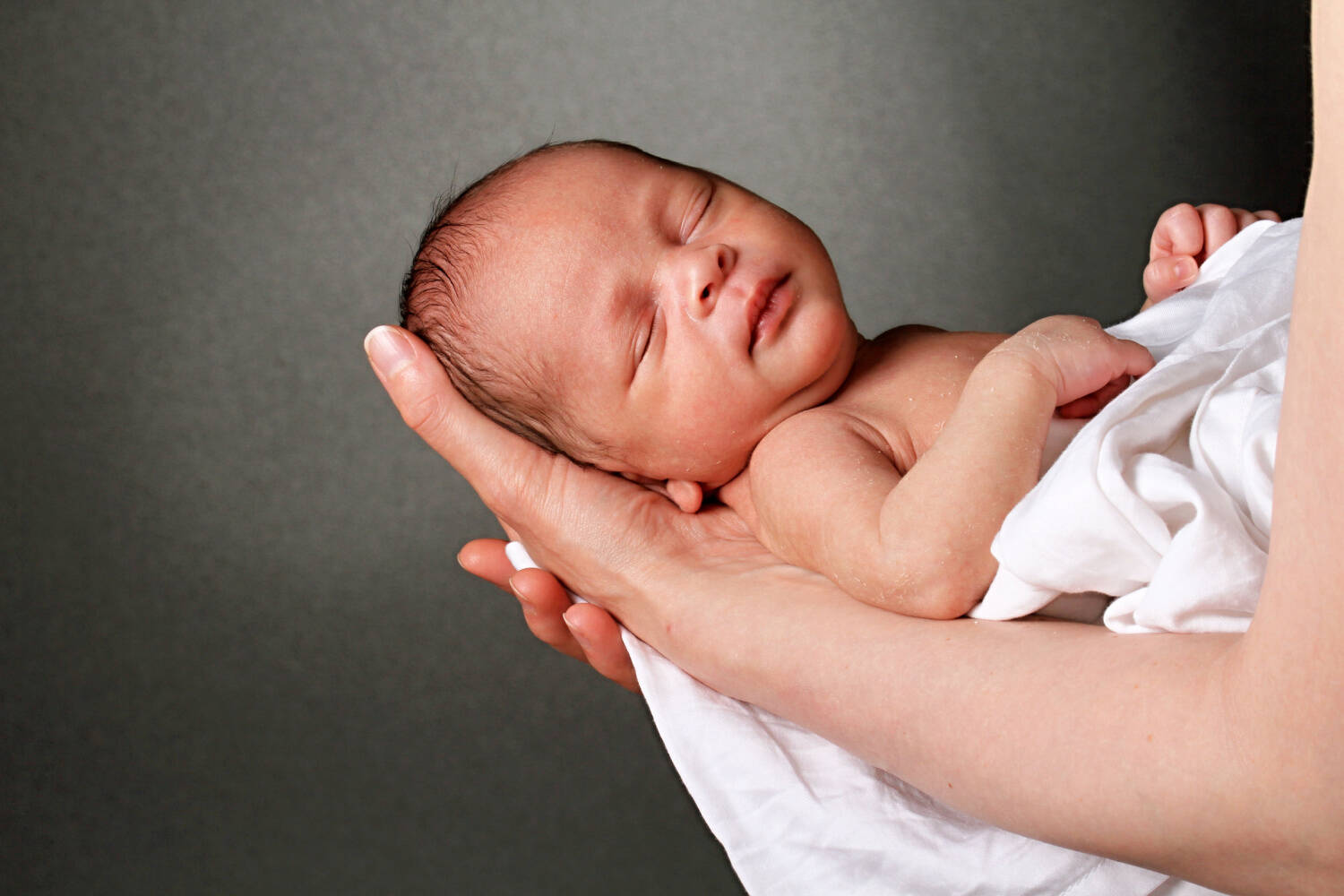
The first step towards green parenting begins by setting up an eco-friendly home. It is quite simple; you must follow a sustainable practice and aim for zero waste.
- When babies start sipping over sippers, parents usually offer single-use plastic straws. Instead, replace it with stainless steel rounded straws for your toddlers. They do similar work, are reusable, and eliminate the requirement of plastic.
- Many parents habitually collect baby’s toys and fill them into poly bags and plastic buckets. Ditch those plastics and use cardboard containers; they are good alternatives to follow an eco-friendly approach.
- Babies love splashing water, especially when it comes to bathing. To keep our little ones happy, we tend to make them bathe under running water without knowing we waste much water. Rather than wasting water, make them bathe by yourself and save as much water as possible.
List of Top 7 Ways to Raise an Eco Baby
Parents need to learn the eco-friendly approach to raising babies. We are here to help you take small but big steps toward our environment. Check out these seven tips.
1. Cloth Diapering
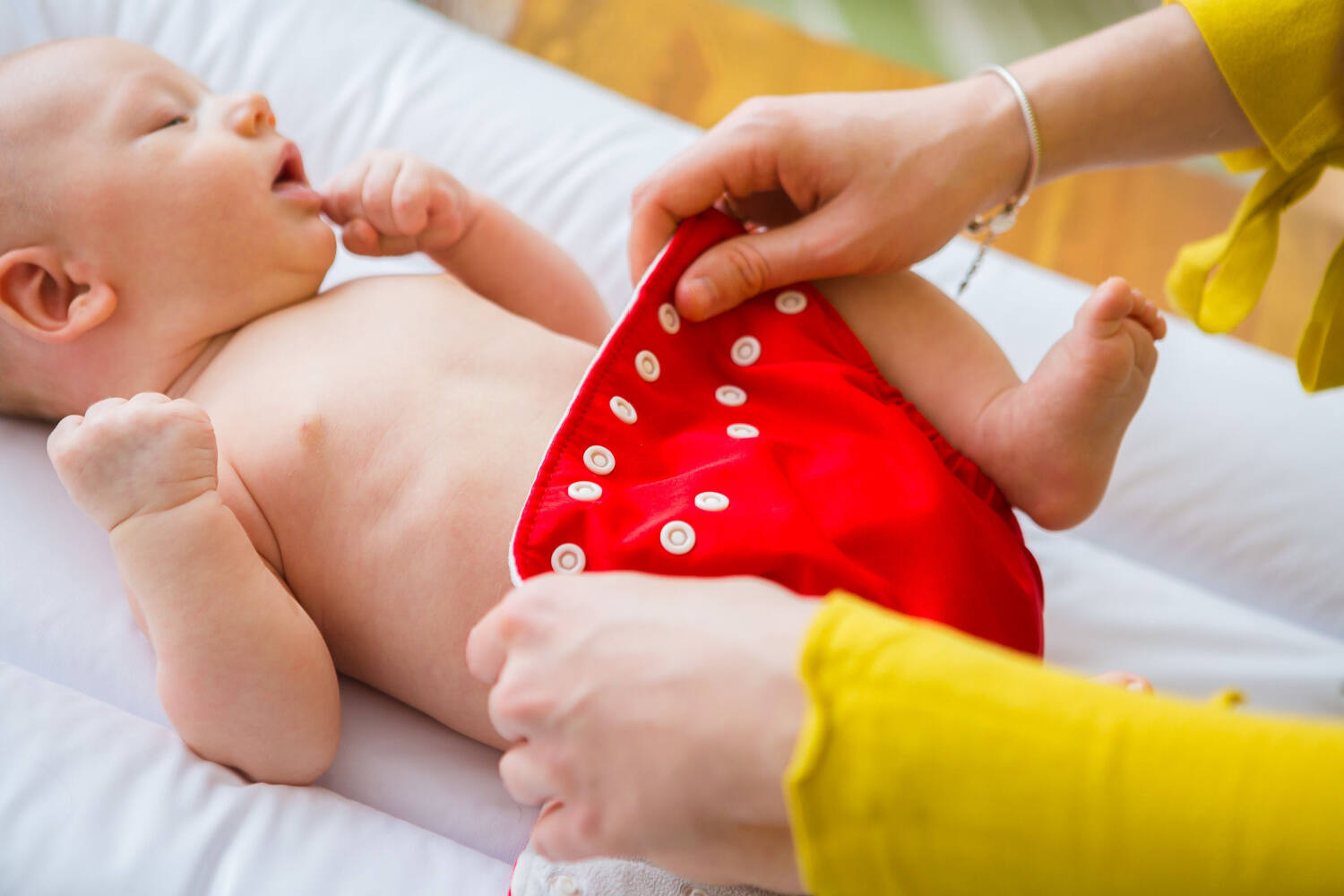
Millions of disposable diapers end up in landfills without degrading every year. Most of us are unaware that disposable diapers have non-degradable plastic films. This becomes a reason for environmental pollution. Not only that, but these micro-plastic-based disposable diapers also cause allergic reactions in babies if you use them regularly. Sounds worried! Right?
The best alternative to disposable diapers is cloth-based diapers. Cotton cloth-based diapers don’t cause rashes and have good soaking capabilities. Most importantly, they are easy to reuse, last longer, and degrade if thrown out. Hence, clothing diapers are an excellent alternative for your babies and environment. In addition, avoid using disposable wipes, another key offender of the landfills. Use cotton fabric as washable wipes instead of disposable wipes. Switching to cotton diapers helps to stay eco-friendly and is a great initiative to keep your baby healthy.
Pro Tips
Take a cotton cloth and cut it into square or triangle pieces with the help of scissors. Use them as diapers. Alternatively, add some cotton to the diaper to make it more reusable.
[Read : Cloth or Disposable Diapers?]
2. Breastfeeding
Breastfeeding and environment concern: how is it interconnected? Well, mommies who feed babies with baby formula require a lot of water and have high carbon footprints when manufacturing. These formulas are then transported to you in plastic containers. Rather than feeding babies with milk formula, feed them through breastfeeding. It makes a significant contribution to the environment as well as your baby’s health. Breastfeeding babies also offers you quality time with your babies to build an emotional and physical bond.
If possible, then ditch feeding your babies with plastic nipple bottles. Try feeding babies with a spoon or stainless steel bottles. Baby bottles made with glass are also a great alternative to breastfeeding. You can take a great step towards a sustainable environment using these simple hacks.
[Read : Breastfeeding Your Baby]
3. Eco-Friendly Baby Products
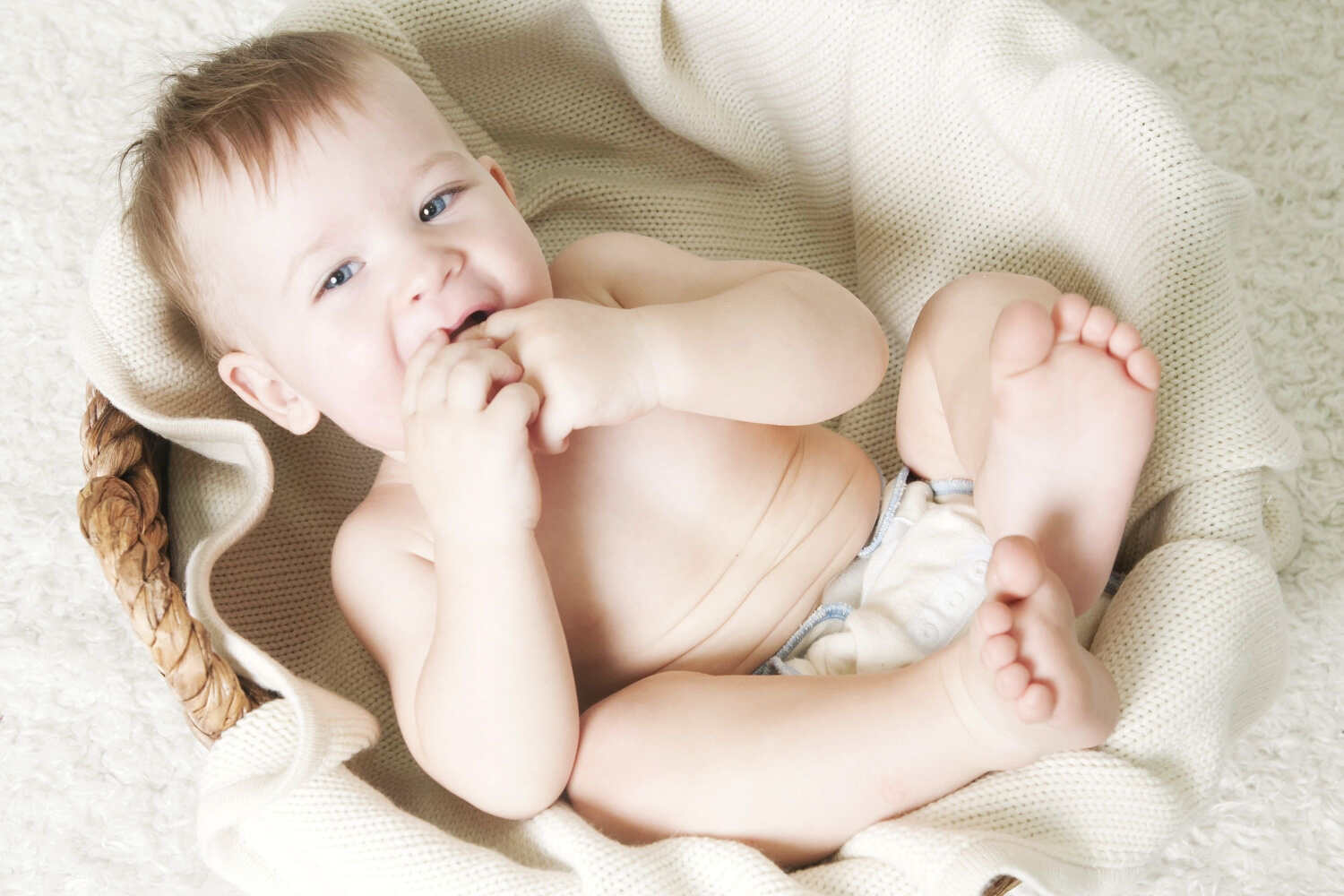
Unknowingly, we buy many baby products, including shampoos, lotions, and other massage essentials made with plastic. Not only do bottles damage the environment, but their packaging is made with toxic material or material that doesn’t degrade easily into the environment. Hence, remember to read the label of the products you buy for the babies. Ensure that your baby product brand adheres to the sustainable, eco-friendly, cruelty-free material approach. In addition, be sure that the packaging is done with biodegradable or easy-to-recycle material.
Besides that, you can follow home remedies to nourish your baby’s skin and prevent them from skin damage.
- Use aloe vera gel and coconut oil for skin massage. They are an excellent alternative to the moisturizers you buy from the market.
- Use curd or natural shampoo made with amla, shikaki, and ritha. These naturally available ingredients are easy to store in stainless steel containers. Moreover, they don’t cause harm to the babies and benefit your baby’s hair, keeping it soft, shiny, and thick.
- If you prefer brands over home remedies, try choosing a sustainable, eco-friendly brand.
[Read : 13 Uses Of Coconut Oil For Babies]
4. Sustainable Baby Gear
Baby essentials such as bathing tubs, cribs, strollers, and toys are all made with non-biodegradable material. As the babies grow, we either keep the gear for later use or throw them away, which becomes the major cause of environmental pollution. Instead, adopt sustainability wherever possible rather than buying new gear every time and using second-hand baby items or close to brand new conditions.
When your baby is grown to the fullest, sell old clothes, repurpose them into anything helpful to you, or keep them for the next pregnancy if you are planning another baby. This simple step can help to reduce a lot of wastage you do unknowingly in collecting those baby gear that is of no use later. In addition, reduce the consumption of plastic gear as much as you can.
5. Reduce Single-Use Plastic
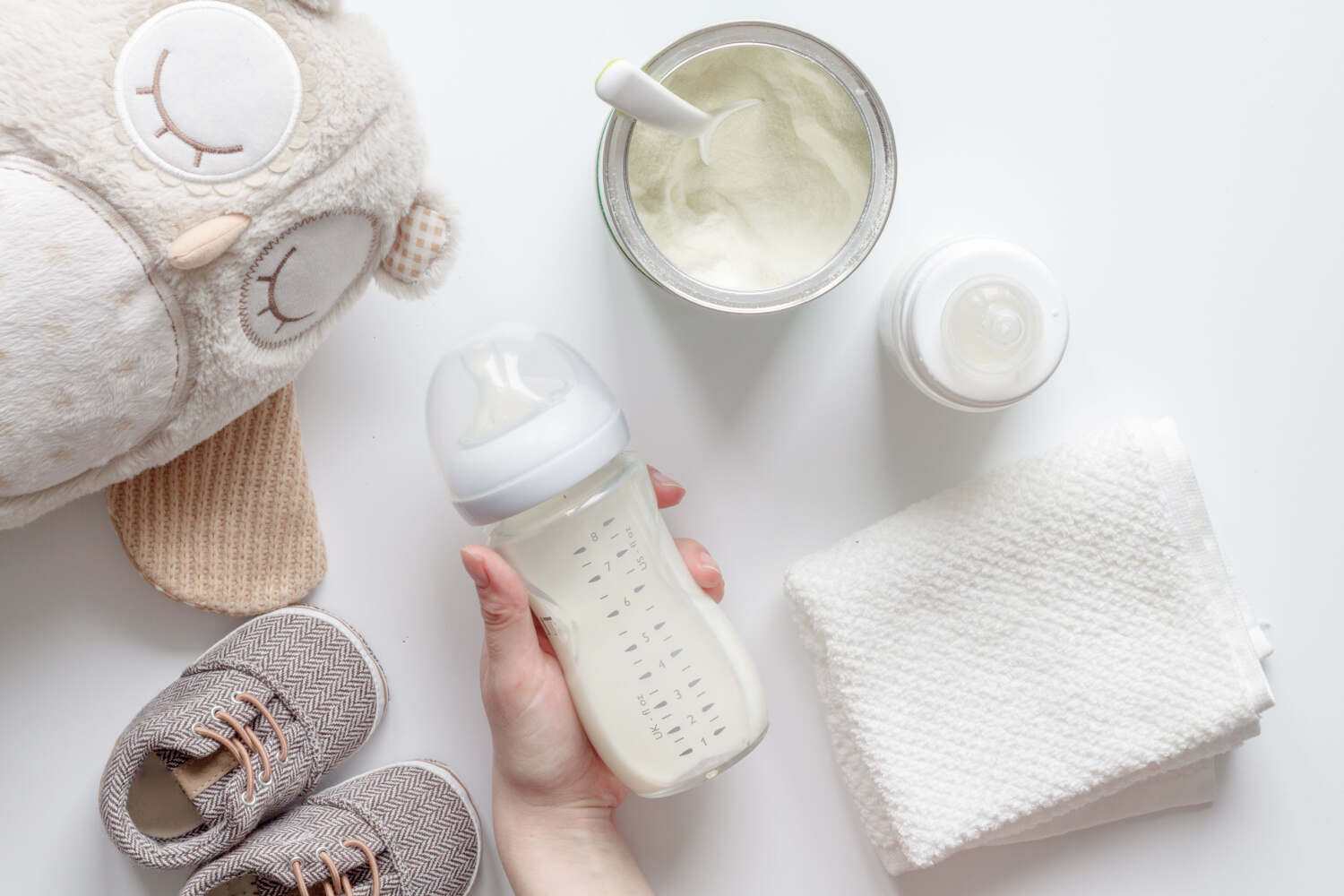
Many baby gear and essential products such as straws, bottles, paper bags, zipper bags, cotton bud sticks, food containers, and more are made with single-use plastic. This single-use plastic can hurt the environment and lead to pollution. Therefore, you should reduce single-plastic use as much as possible. Instead of using paper bags or zipper bags to store food or other stuff, use high-grade steel containers to store items. The stainless-steel container is reusable and lasts longer. You don’t need to replace them frequently, similar to plastic containers. Moreover, it keeps your baby’s product safe and fresh for longer.
Use refillable bottles and ditch single-use plastic bottles. This simple step toward the environment can significantly impact and allow you to successfully follow the green parenting approach. When you adopt these simple strategies, your baby will grow with great learning towards health and a safe environment.
6. Eco-Friendly Clothing
Eco-friendly baby clothes are always the best choice to keep your baby healthy and rash-free. Always prefer cotton-based clothes and accessories because they tend to be sustainable and reusable. You can make cotton-based nappies for your babies and reuse old fabric you are not using now. Instead of buying baby bibs, create your own with old fabric in your home. However, if you are still buying clothes from the market, ensure they are eco-friendly and free from harmful dyes. Choose biodegradable clothes and avoid using polymer stuff as they can cause rashes and are not environmentally friendly.
7. Homemade Baby Food
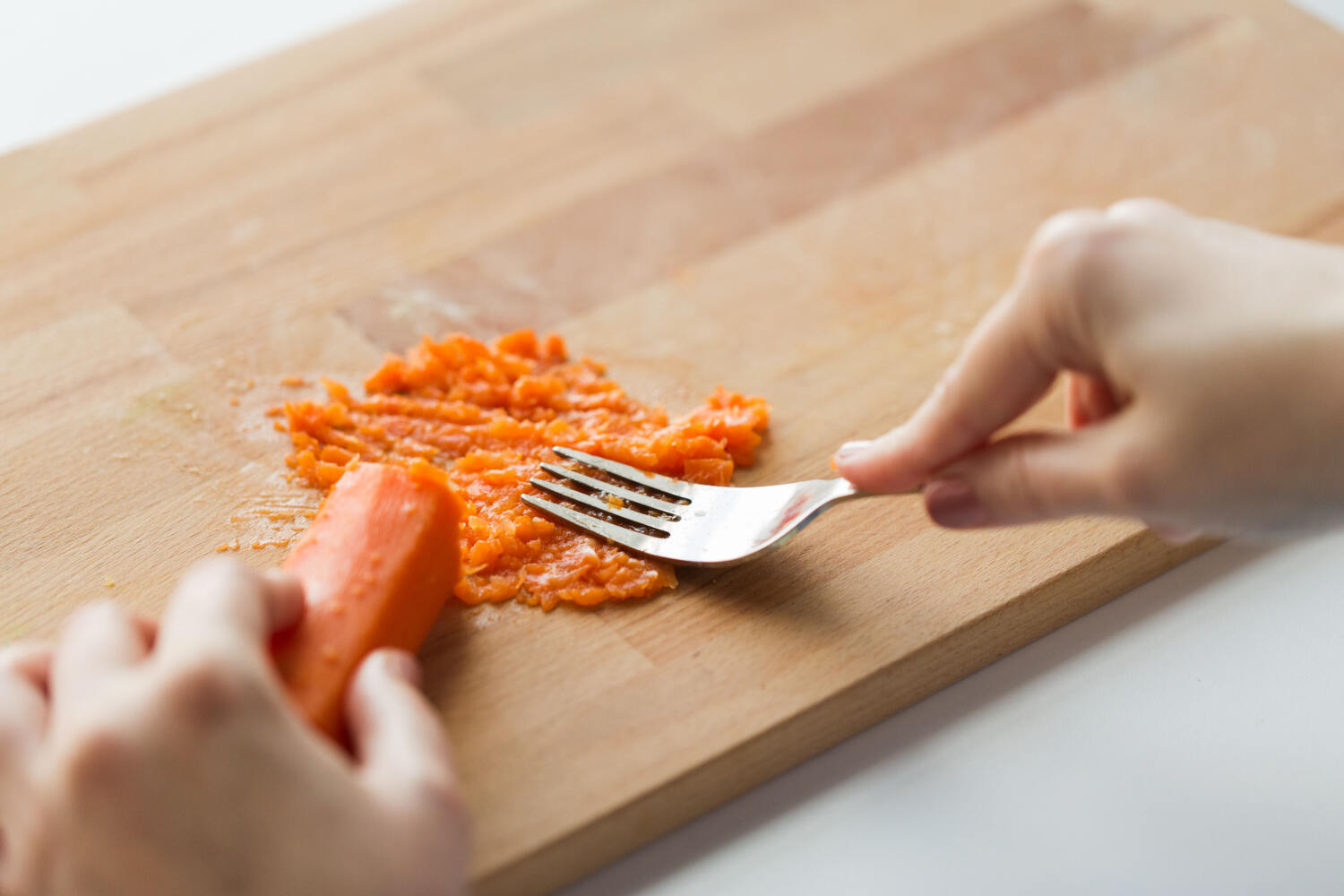
Processed food is packed in plastic packaging and can cause health issues for babies. How? Packaged food is made with highly processed material and contains a lot of sugar and almost nil micro-nutrients. Moreover, this type of food can lead to poor dental health and invite obesity later. Therefore, it would be wise to shift to sustainable and homemade baby food. Use simple boiled food, including carrots, boiled potatoes, and simple vegetables, to prepare your baby meal.
Green parenting is about adopting healthy and safe alternatives for babies and the environment. In addition to the above-listed tips, you can follow a regime of buying second-hand items to repeatedly reduce the requirement of purchasing new gear. Avoid plastic wherever possible, use a sustainable approach, and reduce the use of resources such as excessive water usage and food spillage. A paradigm shift to healthy and green parenting can benefit you in the long run, especially for your baby’s health.
[Read : How to Make Your Own Baby Food?]
FAQ’s
1. Why Is Green Parenting Important For My Baby’s Future?
Green parenting is the first step toward your baby’s future. It helps to build a habit of using sustainable options and value the environment. Keep in mind that babies learn what they see around them. Therefore, following green parenting can help them learn about environmental concerns early and allow them to practice eco-friendly approaches as they grow.
2. What Are The Benefits Of Using Cloth Diapers Over Disposable Ones?
Cloth diaper is easy to recycle and doesn’t cause rashes. They are breathable and, most importantly, easily degrade without causing harm to the environment. The disposable diapers are made with microplastic, which doesn’t degrade easily and cause pollution.
3. Are There Eco-Friendly Alternatives To Plastic Baby Bottles?
Stainless steel and glass bottles are some of the best alternatives to plastic baby bottles.
Read Also: Gender Neutral Parenting: Pros & Cons
